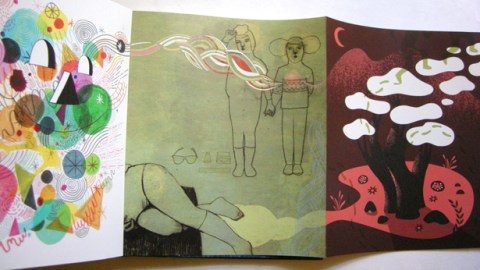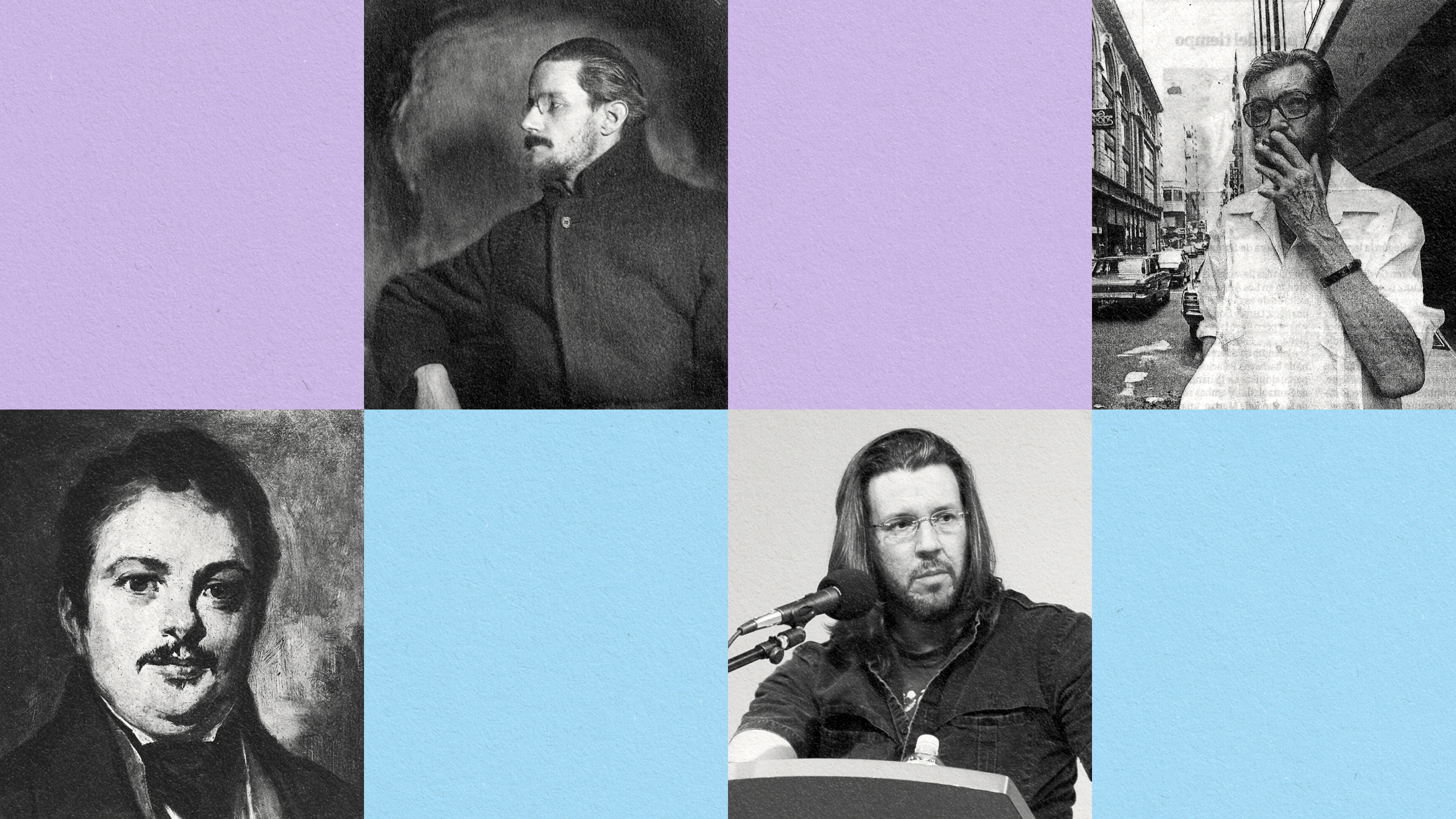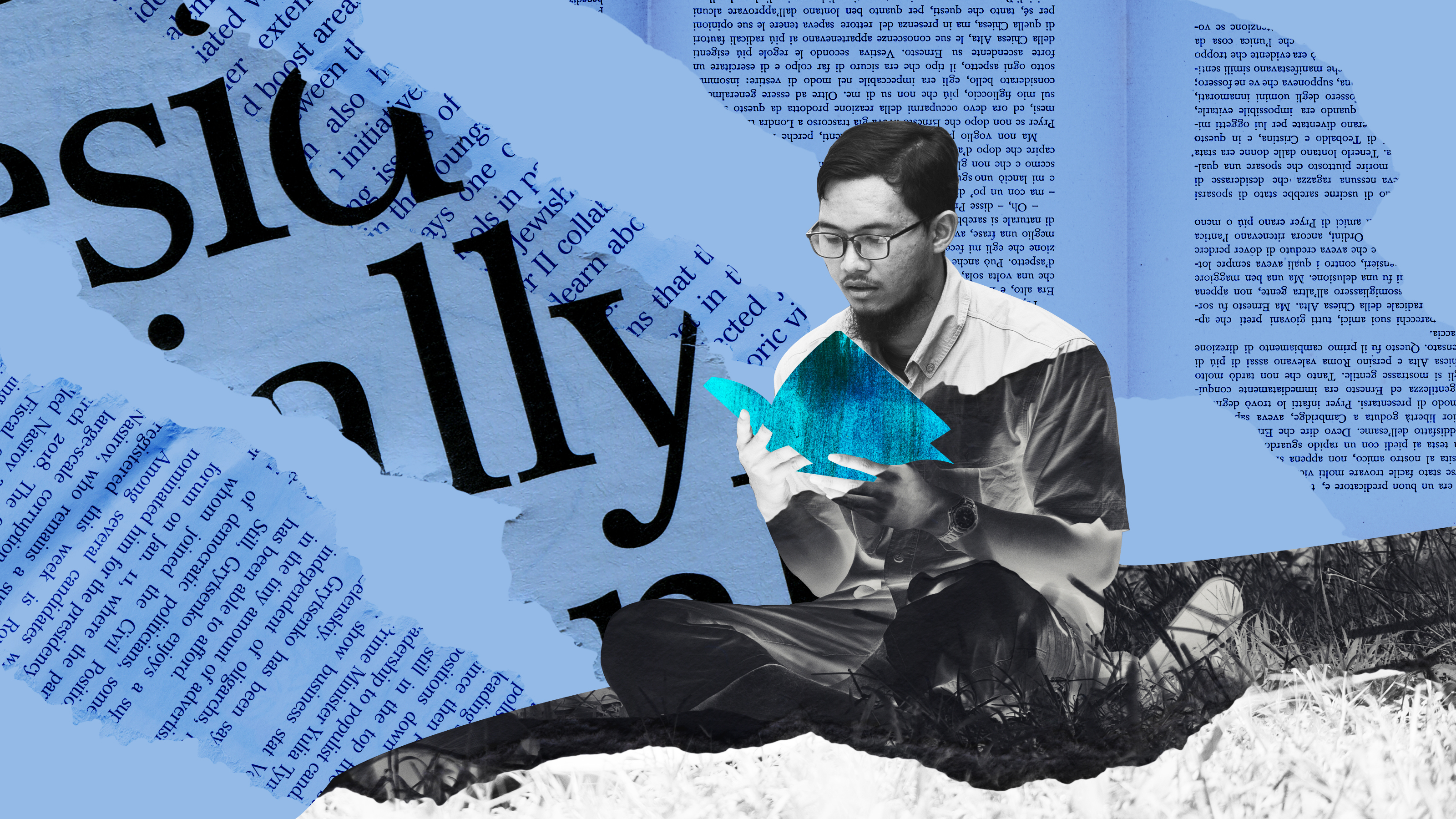Who’s Your Dada?: Surrealists Games in “The Exquisite Book”

For most art history students, the days of Dadaism and Surrealism seem like ancient history—two “-isms” buried beneath the quick succession of newer and newer “-isms” reigning ever since. Illustrator Julia Rothman, graphic designer Jenny Volvovski, and animator Matt Lamothe bring the cold corpse of Dada back to life in The Exquisite Book, a large-scale playing of the Surrealist game “Exquisite Corpse” by 100 contemporary artists. The Exquisite Book turns back the clock to the early days of modern art and reminds us of the origins of the twentieth century mind. By the time you finish playing along with the game, you’ll know exactly “who’s your Dada.”
Surrealist founding father André Breton claims that several members began to play an old game known as “Consequences” at a party. One person would write a word on the piece of paper, fold it back to show only the last word, and hand it to the next person to keep the story rolling. Considering that the participants of that game and later ones included figures such as Marcel Duchamp, Man Ray, Tristan Tzara, Paul Éluard, and Joan Miró, it’s not surprising that the normal verbal twists and turns of the game took on a whole new level. When the phrase “exquisite corpse” turned up in one session, it instantly became the new name for the game. Over time, a visual equivalent evolved in which artists would draw part of a figure, fold back the paper to show just a hint, and hand it to the next artist to carry on the game.
In The Exquisite Book, the trio of organizers invited 100 of the hottest contemporary graphic artists to play their version of the visual “Exquisite Corpse.” Unlike the truly freewheeling, totally free association original version, the book’s version starts with a theme. “In the Clouds,” “In the Forrest,” and “In the Ocean” are just a few of the cues that get the ten rounds begun. Once the party gets started, each of the 10 artists of the round works from the previous artist’s piece and tries to continue the theme in some way.
The organizers hit upon the creative idea of presenting each round as a fold-out accordion of ten pages. You pull out the gatefold and read five pages out and then five pages back. In the example above, artists Mike Perry, Camilla Engman, and Lab Partners give their take on “In the Forrest” as well as on one another. Each artist differs so radically from their neighbors, as can be plainly seen, but the topic at hand unifies them, at least in how we’re to interpret them.
It’s in that room for interpretation that The Exquisite Book excels. If the goal of art is to challenge, this book is the fight for the championship title. The original Dadaists drenched their ideas in the still-fresh fad of Freudianism. The allusions and confusions embedded in these images go in all directions, embracing all the flavors of eclectic modern existence. It’s a pleasure to play along with these artists and wrack your brain to fill in the gaps and elisions that the artists may or may not have intended. Intentionality goes out the window in the Dada world, freeing them and us to allow our minds to wander free. In our current world of straight-jacketed rationality almost to the point of insanity, The Exquisite Book launches us into the madness of possibility and the frightening potential of our own imagination.
In The Exquisite Book, the horizon line of the last page of each chapter connects with the horizon line of the first page of the next chapter. It’s the one piece of obvious continuity the book allows. By bringing Dada back, Rothman, Volvovski, and Lamothe widen the horizons of today’s art lovers by resurrecting part of the dead corpus of modern art history that still informs much of contemporary art. But for those who care little for art history and who their Dada was, The Exquisite Book gives every adult the opportunity to think like a kid again, when the only limit to your imagination was when you had to go to bed.
[Many thanks to Chronicle Books for providing me with a review copy of The Exquisite Book by Julia Rothman, Jenny Volvovski, and Matt Lamothe.]





